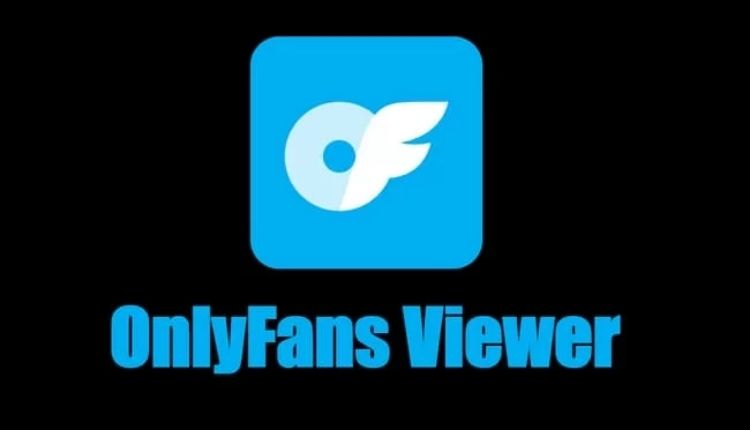One such time period that has gained popularity in recent years is “Coomer.” Originally derived from a meme that caricatures immoderate and compulsive online conduct, mainly with regard to content material, the word “Coomer” has grown to represent a broader tradition. Within this context, the phrase “Coomer Party” has started to surface online, shooting interest and stirring debates about net addiction, escapism, and self-awareness in the digital age.
The “Coomer Party” isn’t always a literal occasion or formal gathering. Instead, it’s a symbolic time period that refers to a community, attitude, or way of life embraced with the aid of certain people online. This article will explore the roots of the “Coomer” meme, the development of the so-called “Coomer Party,” what makes this approximately internet subculture famous, and the struggles many face in our more and more virtual global.
Origins of the Coomer Party Meme
The time period “coomer party” at the start got here on 4chan, one of the internet’s most influential but arguably image boards. The meme usually features a crudely drawn guy with exaggerated facial expressions, greasy hair, and a hunched-over posture. He is depicted as someone addicted to online content, isolated from society, and lacking strength of mind. The term “coom” itself is a vulgar slang referring to male climax, often used paradoxically to describe a person who overindulges in digital pleasures.
While the meme was initially used for comedic impact, it soon took on a more serious tone. The exaggerated figure of the Coomer became an image of what some regarded as a real difficulty: the developing wide variety of humans, specifically younger guys, becoming socially withdrawn, addicted, and neglecting actual lifestyle desires or relationships.
The Rise of the Coomer Party
The word “Coomer Party” has emerged from this meme tradition as a form of dark humor and irony. In online discussions, it refers to a collective of those who include the Coomer way of life, both unashamedly or as a coping mechanism. Some use it satirically, treating it like a parody of political or social movements. In this view, the “Coomer Party” might jokingly advise countless indulgence, escapism, and rejection of conventional obligations.
However, beneath the humor lies a deeper narrative. The Coomer Party displays actual emotional and mental struggles. It mirrors the experience of folks who feel alienated in contemporary society, disconnected from relationships, beaten by means of the era, and uncertain of the way to reclaim control over their lives. What commenced as a joke has converted right into an image of digital-era malaise.
Coomer Party Identity and Online Communities
Many online communities have embraced the coomer party, on occasion as a way to mock others and now and again as a form of self-deprecating honesty. On structures like Reddit, Discord, and X (formerly Twitter), users create memes and percentage stories and post ironic content about their experiences as “Coomers.” These areas frequently turn out to be echo chambers in which humor, shame, and assistance intertwine.
Some individuals discover the time period “Coomer” as a form of self-awareness and even self-improvement. Ironically acknowledging their habits, they try to keep themselves responsible, using humor as a gateway to restoration. Others, though, fall deeper into the mindset, reinforcing negative patterns and keeping off real-life growth. In both cases, the “Coomer Party” will become a type of metaphor for the divided virtual self — both aware of its issues and glued to them.
Criticism and Controversy Coomer Party
The coomer party meme and its associated culture have not long passed without criticism. Mental health specialists and online safety advocates argue that the meme can trivialize real psychological struggles like dependency, loneliness, and melancholy. By turning those troubles into memes, some fear the tradition encourages apathy in place of movement.
Furthermore, there is a challenge that the meme promotes toxic masculinity or stigmatizes guys who are suffering from intimacy or emotional vulnerability. The man or woman of the Coomer is regularly painted in a bad light, reinforcing stereotypes that shame rather than guide private booms. Critics argue that instead of mocking those in pain, online groups ought to focus on compassion and recuperation.
The Psychological Reality Behind The Meme Coomer Party
Beyond the satire and net lingo, the Coomer Party factors into a developing subject in our virtual global: the benefit of escapism and the issue of significant connection. In a society wherein countless content materials are to be had at the click of a button, it’s easy to fall into patterns of immediate gratification. Dopamine-driven behaviors — like binge-watching, scrolling endlessly on social media, or consuming express cloth — provide short-term consolation even as they leave long-term harm.
Psychologists link this behavior to a praise cycle in the brain. When people again and again have interaction in dopamine-spiking activities, their sensitivity to pleasure can decrease, leading to a need for extra extreme stimulation. This creates a cycle of dependency and dissatisfaction. For many self-recognized Coomers, the meme offers a language to describe this cycle, even though it’s via humor.
Towards a Healthier Digital Life Coomer Party
Some individuals of the so-called Coomer Party have all started advocating for change through movements like “NoFap” or virtual detox demanding situations. These actions sell self-discipline, wholesome habits, and better relationships with the era and one’s very own body. What commenced as a meme has become, for a few, a be-careful call — a popularity that the internet can both entertain and entrap.
While not everybody inside the Coomer Party takes this course, it represents an evolving cognizance of virtual niceness. People are starting to question their online behavior, search for help, and find balance. Support agencies, boards, and self-help content now cope with these concerns, proving that the global meme can evolve into something more optimistic.
Wrapping It Up
The Coomer Party, born out of internet humor, has grown right into a reflection of deeper societal problems. It sheds light on how virtual conduct, loneliness, and intellectual health are interconnected in today’s world. While the meme itself may be viewed as funny or debatable, it also invites us to ask important questions: How do we use the internet? What impact does it have on our minds and relationships? And are we definitely on top of things with our digital selves?
Ultimately, whether or not considered as a meme, a network, or a caution, the Coomer Party holds up a reflection to the present-day internet consumer. It demands that we chortle, replicate, and possibly make a change — one click at a time.





